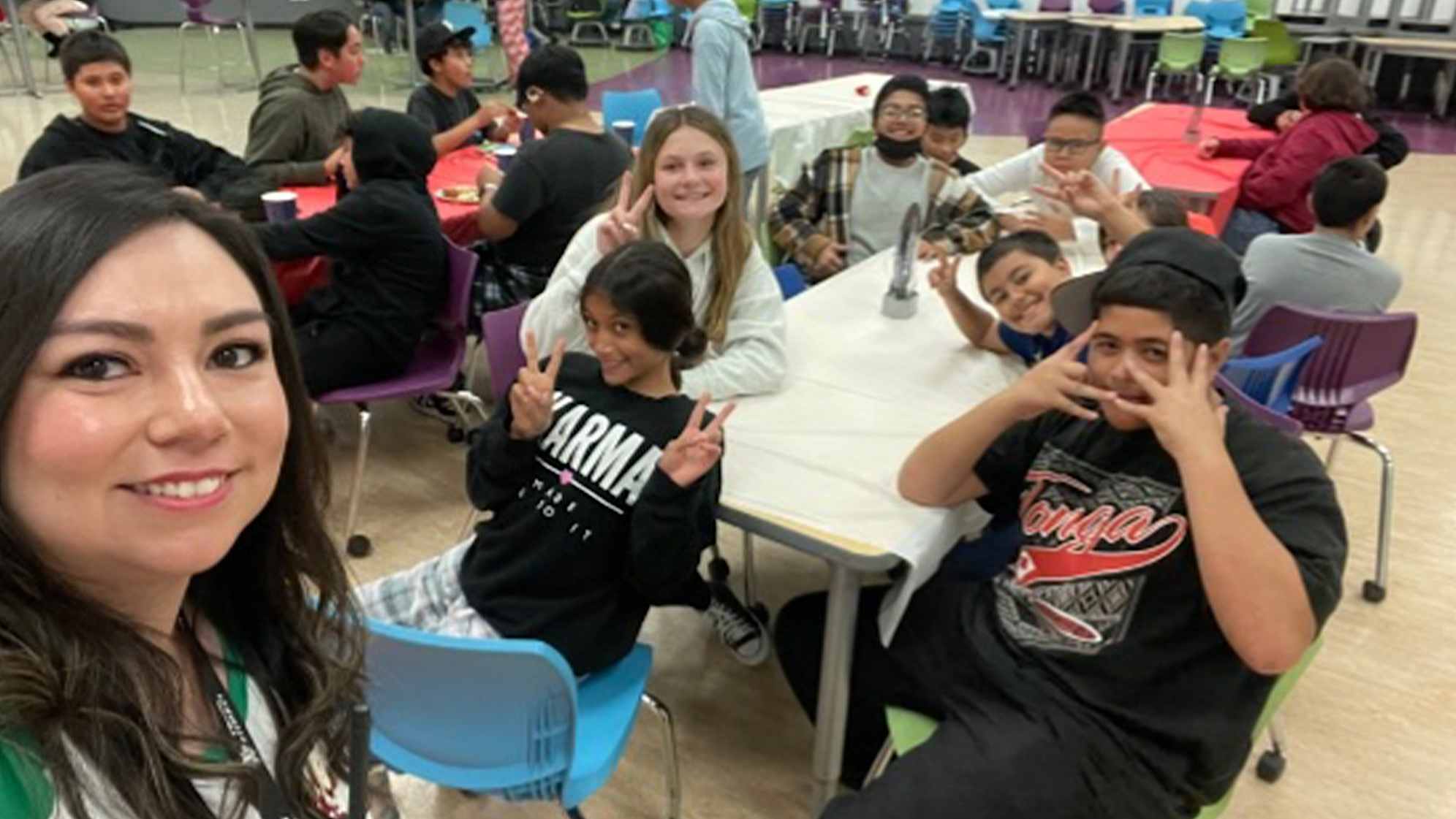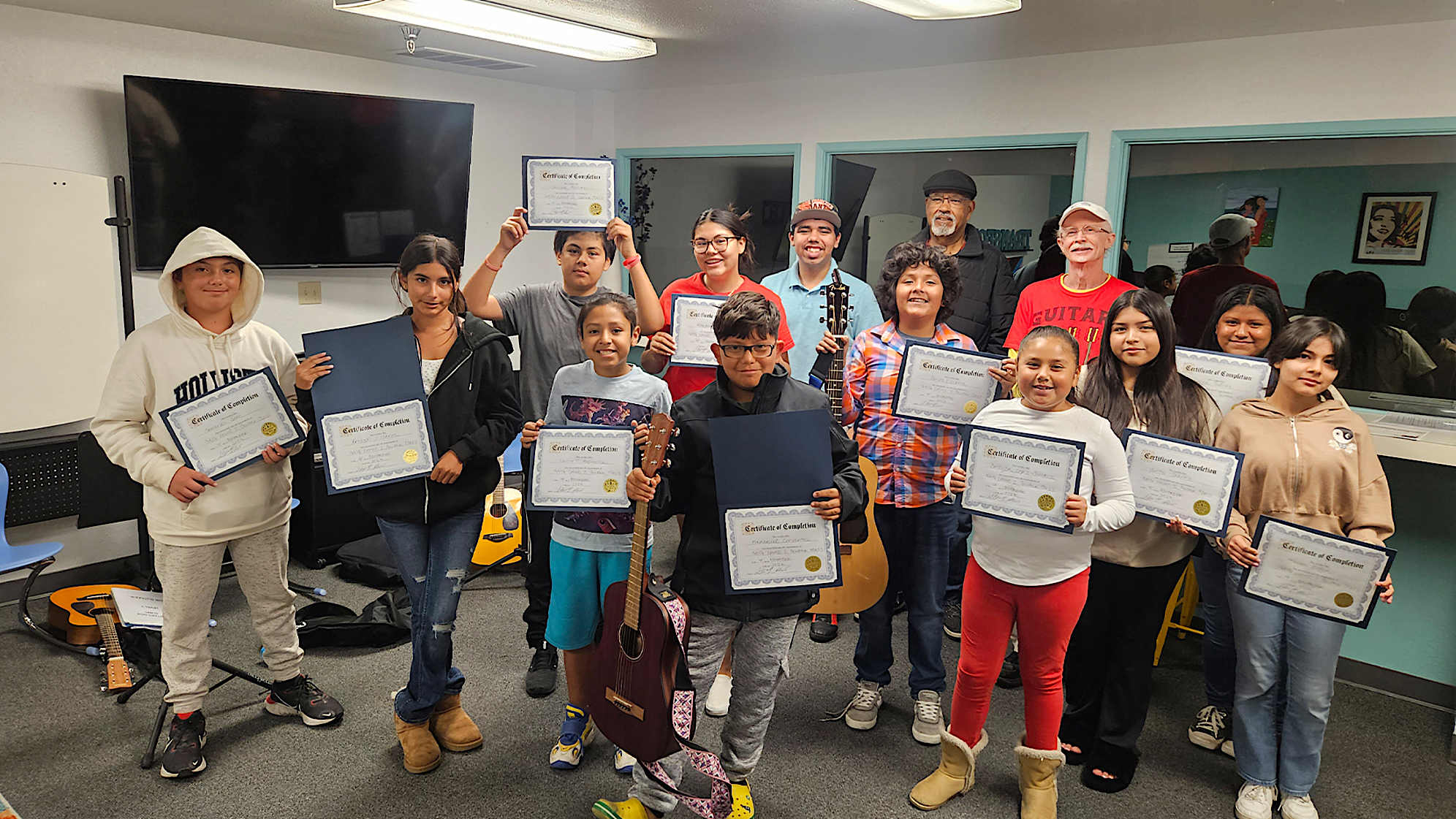AT&T Birdies for Students helps Youth Alliance provide kids with safe place to belong
5 Min Read
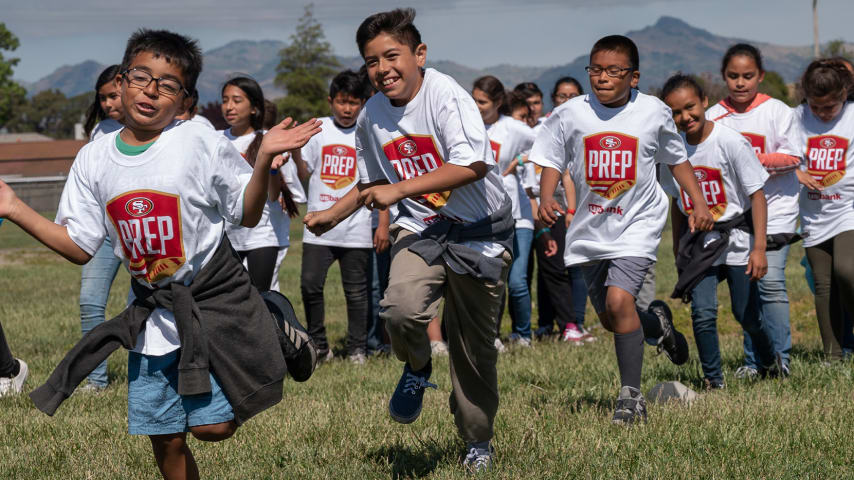
Children from the Youth Alliance at a community event. (Courtesy Youth Alliance)
When Stephanie Perez was 13 or 14, her friends talked her into joining them at an after-school program called Casa de Milagros. "We’ll get to hang out and have fun," they told her. "There are sports and we can do our homework, too."
For Perez, who grew up in Hollister, California, and so many other kids like her, the Collaborative After School Academy (CASA) run by the local non-profit Youth Alliance (YA) turned out to be a great alternative to going home to an empty house, watching TV and waiting for their parents to get off work.
Perez, who was in the eighth grade at the time, enjoyed the enrichment activities – anyone for building an exploding volcano? – they did at CASA. The praise circle was uplifting, too, because “it was nice to hear someone speaking positively about me,” she explains. And she connected with the program leader, who let her take responsibility and handle the roster each afternoon.
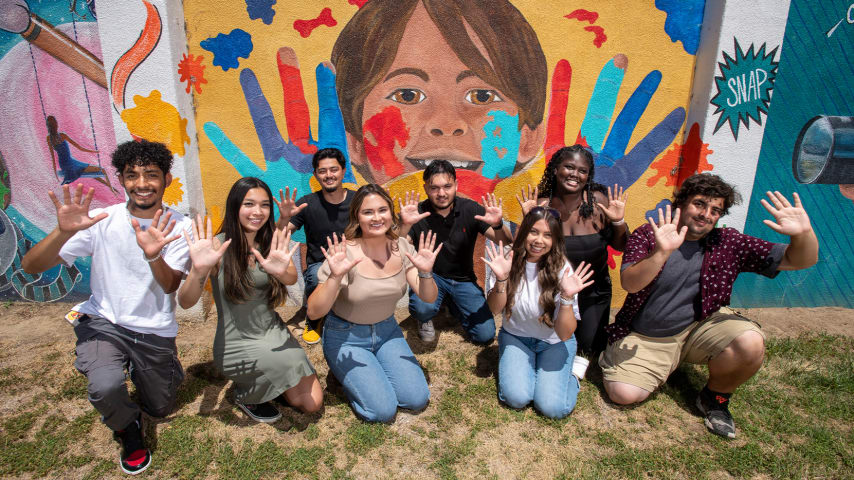
Youth Alliance after-school staff. (Courtesy Youth Alliance)
Perez decided she wanted to work with kids, too. But it wasn’t until after she graduated from high school and a co-worker at a movie theater told Perez she’d just gotten a job at Youth Alliance that the opportunity arose. She interviewed, too; the coordinator remembered her, and she was hired on the spot.
“I definitely was very new to working with kids,” says Perez, who is now 29 and has worked with YA for more than a decade. “The only other job I had was sweeping popcorn. So, this was very different for me. I definitely had to learn through my own trial and error of what worked and what didn't work with the kids.
“But throughout the years, I just became a stronger, better program leader.”
Diane Ortiz, a co-founder and current CEO of YA, calls the organization a “beautiful labor of love.” It was started in 1995 to make sure young people like Perez were receiving the kind of education and culturally responsive support and resources they needed to affect change in their community. Over 22,000 youth and their families, predominantly Latino and many from impoverished backgrounds, were impacted last year alone.
And Ortiz is quick to point out that the continued support of the Monterey Peninsula Foundation (MPF), the charitable arm of this week’s AT&T Pebble Beach Pro-Am, over the last decade has been pivotal to YA’s success. This year the leadership development organization will be the beneficiary of the AT&T Birdies for Students program that awards $5,000 for every birdie made on the 17th hole.
“I'm absolutely going to camp out there,” says Ortiz, who plans to attend the final round and cheer on everyone playing the iconic par 3. “And they're probably going to have to shush me.”
A year ago, when birdies were valued at $2,500, the program raised $137,000. Regardless of the final accounting on Sunday, the grant will be a huge help for YA, which has just embarked on a capital campaign in hopes of purchasing the 7,000-square foot building it now occupies that is up for sale.
AT&T, which has committed to invest $2 billion over a three-year period to help bridge the digital divide, will also provide students served by YA with free access to internet connections and digital devices. The tournament has also received the inaugural Sustainability Award presented by the WM Phoenix Open.
According to Ortiz, communities of color and women-led organizations only receive about 2% of philanthropic dollars nationally. So, it’s easy to see why the MPF’s support – which began 10 years ago with funding to launch YA’s Young Parent peer mentorship program -- has been so impactful to the non-profit.
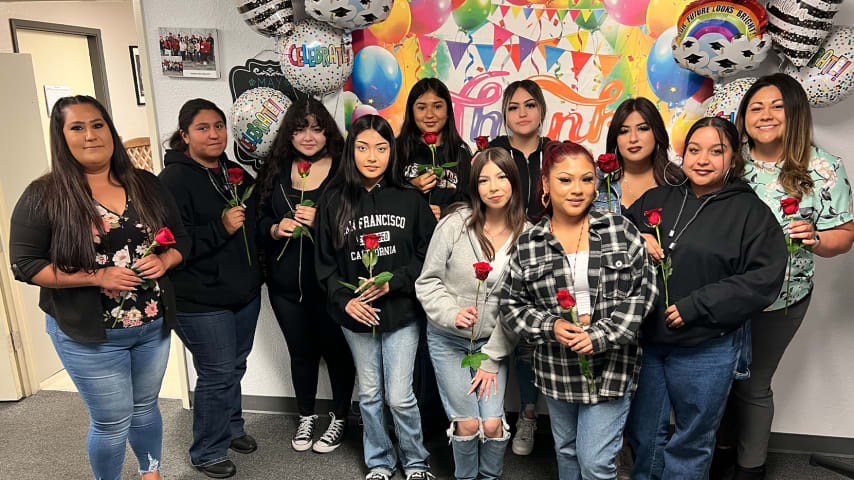
A Xinachtli group ceremony. (Courtesy of Youth Alliance)
“I think there were a couple of times when we received word about support, financial support from the Monterey Peninsula Foundation that almost brought me to tears,” Ortiz says. “We hear those stories, and it is, at times, a little overwhelming, especially after the pandemic. And we see all these things that are going on with our young people and their lack of access to mental health services and counseling or tutoring, or even technology, the internet. …
“And there's a lot of depression where they feel so bad, they take it so personally, they feel like they're failing. And so, when we're able to provide resources, which is our staff, a safe place to belong, resources for connection, for field trips, all of those things that are going to help them get back and thrive and to learn to know that they are cherished in our community, it has meant the difference between closing a program and keeping it open. It has meant the difference between providing families with the little bit of extra support that they needed to stay in school."
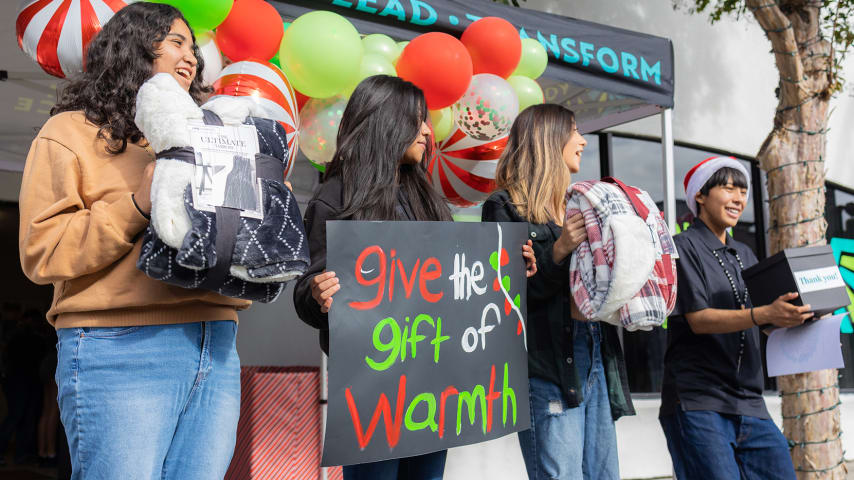
Youth volunteers at a mobile drop-off blanket drive. (Courtesy Youth Alliance)
“I mean, it's meaningful; it's transformative, says Ortiz.”
So is seeing former program participants like Perez succeed. She graduated from Gavilan College in Gilroy, California, and is four classes shy of earning her teacher’s credential from San Jose State – all the while working for YA. She now supervises two YA program leaders and an assistant for a morning and after-school program in Morgan Hill, an agricultural community at the southern end of the Silicon Valley. Interestingly, First Tee is one of the program’s partners.
“Starting off as an all-volunteer organization, we worked with small handfuls of young people, like maybe a hundred in a year,” Ortiz recalls. “And then it's just been exponential since then. And some of those young people that we serve are either on our board or work for us. And that's where we really get to see that generational success is when they get connected to us, they stay with us, they become a staff member, they get promoted within, or we see them get launched and finish their college education and become teachers in the schools in which we serve.
“That's really where we see our long-term impact very clearly is in that and their wellness and leadership, too.”

